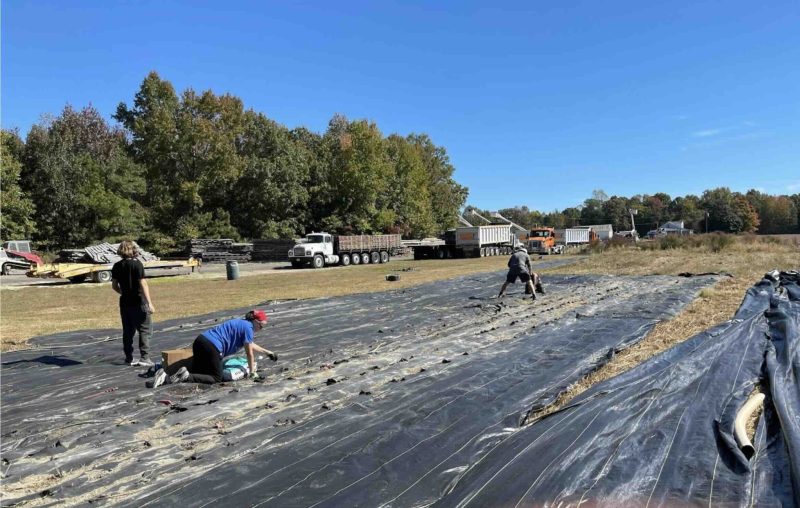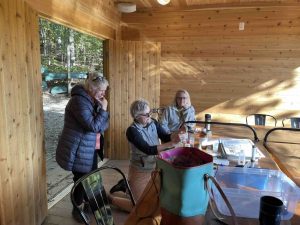
Concerned Citizens of Charles City County (C5) fights against polluters and advocates for green jobs in the rural, majority-minority community of Charles City County, Virginia. Once called “the land lost in time” for its well-preserved forests, trees and rivers, Charles City County has become a sacrifice zone for unwanted industry. In 2019, eight residents mobilized against Chickahominy Power and NOVI Energy’s plans for two natural gas plants and three pipelines—projects that they say would’ve contaminated water sources, emitted carcinogenic chemicals into the air, and brought little economic benefit to a working-class community already experiencing a significant Black exodus due to a lack of opportunity. After a three-year organizing campaign, the companies pulled out, averting 6.5 million tons of carbon dioxide that would’ve been pumped into the atmosphere each year. C5 aims to “give a voice to the voiceless,” with particular focus on its Black and indigenous (Chickahominy) residents.

Members of Concerned Citizens of Charles City County engaging in monthly water testing. Photo: Source
C5 is a small organization with six staffers (one full-time and five part-time). After its victory, the group reflected on the gas companies’ reasons for coming to Charles City and decided to create jobs of its own. The recently launched Project B.L.A.C.C. is a workforce development program currently training three adults and 10 teens in solar energy, building electrification, environmental monitoring, plumbing, pipelaying, and other skills. C5 is actively fundraising to renovate Barnetts School, an historic Black elementary school, into a hub for Project B.L.A.C.C. that would include a recycling center, community garden, and kitchen for teaching people how to prepare meals with homegrown ingredients. “I just want people to understand that there is economic viability for rural communities,” Executive Director La’Veesha Rollins said. “Not everything has to be developed into an urban setting. We have so much to offer just staying rural and using our natural resources to our benefit.”